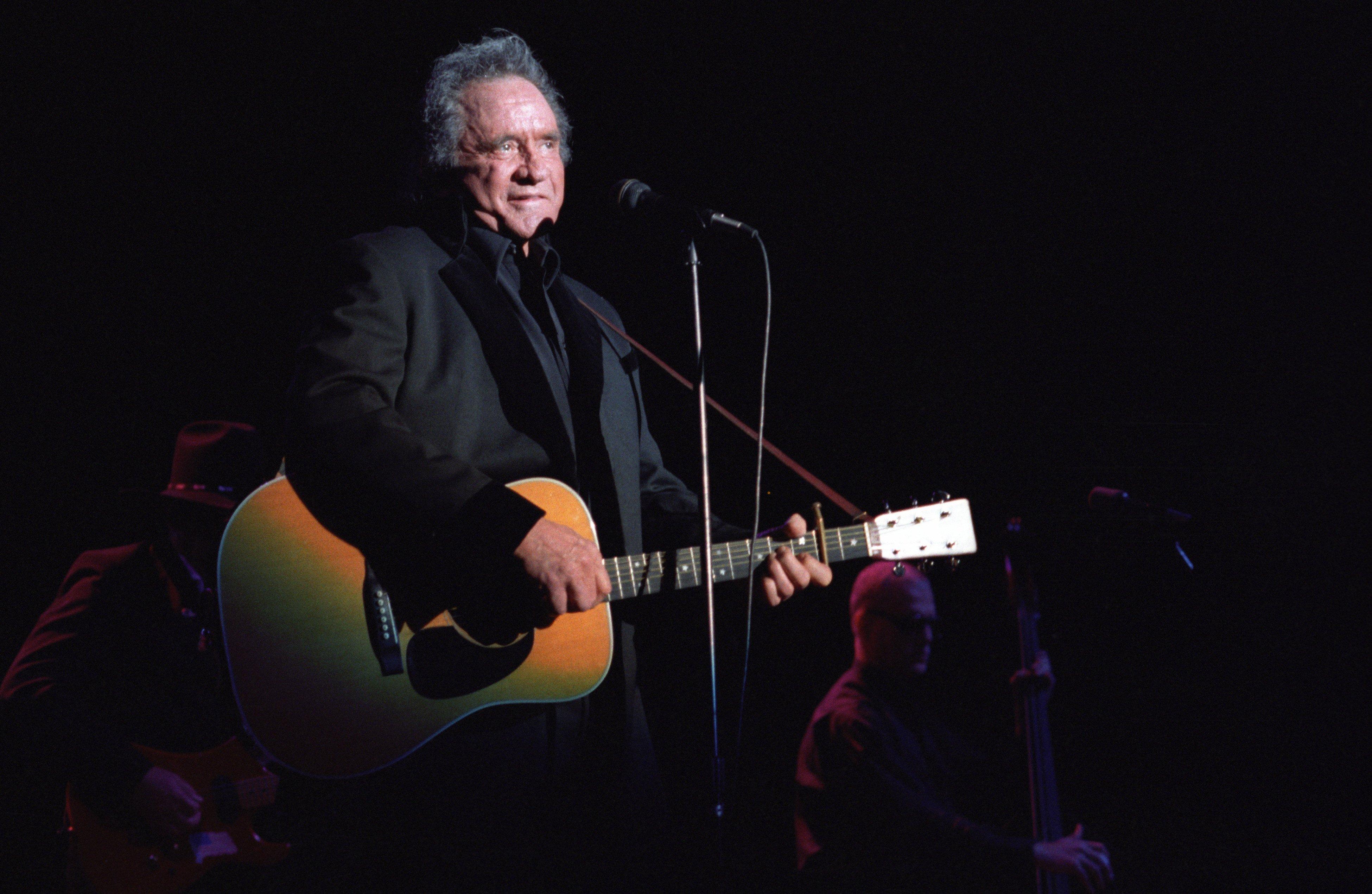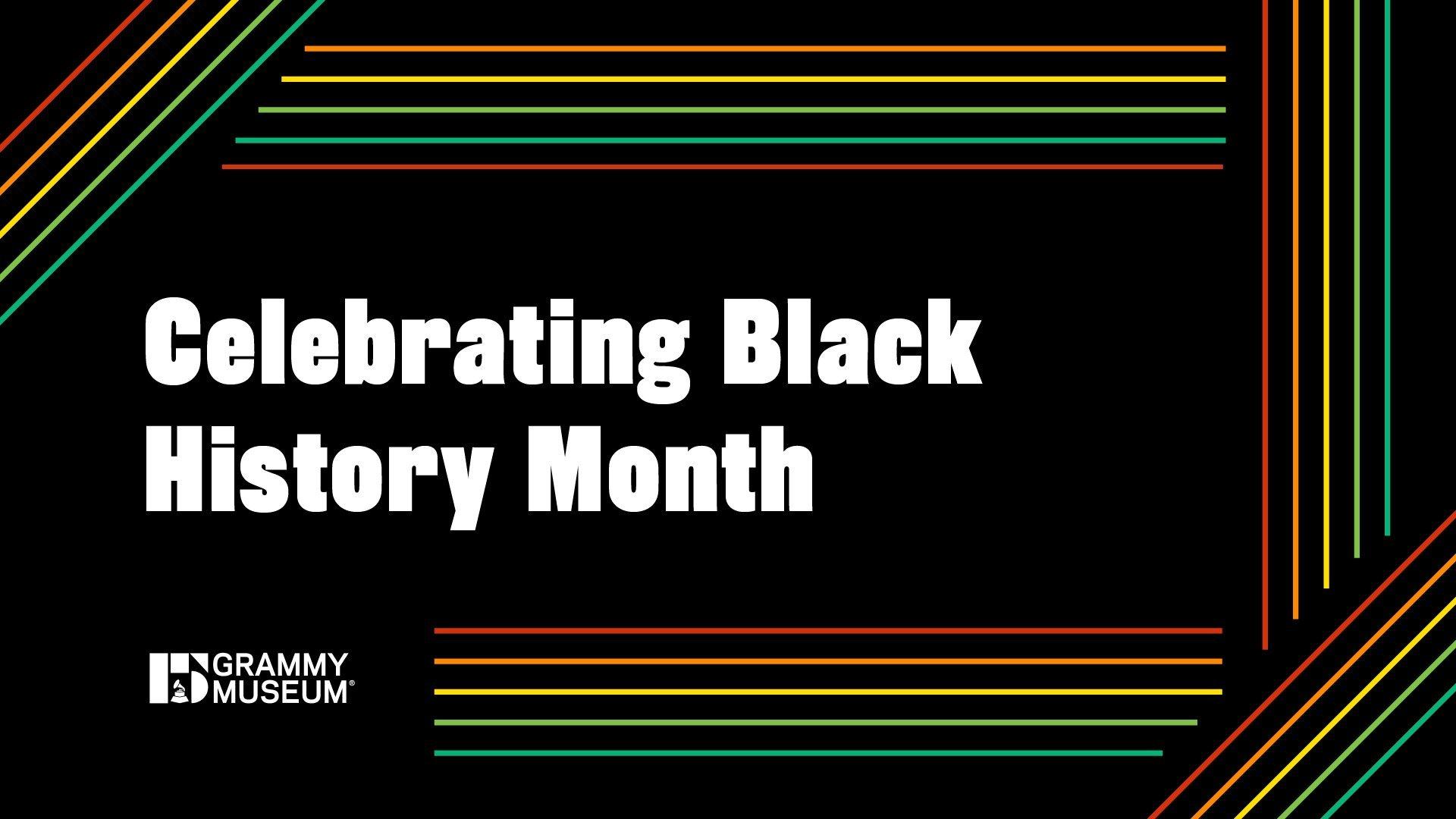Often taken for granted, album liner notes have long enriched the experience of listening to recorded music, providing essential information, compelling insights, historical contexts, and engaging backstories to the sounds created by musicians.
The Recording Academy has long recognized this unique genre of musical and literary discourse. In 1963 jazz critic Stanley Dance and jazz writer/composer Leonard Feather won the inaugural award in the Best Album Notes category for their superb annotation to The Ellington Era, chronicling the work of Duke Ellington.
The writers of GRAMMY-winning liner notes have been a gifted and varied lot. In some years, musical artists themselves have been acknowledged for liner notes they've written on behalf of their own music, or for that of other artists.
Johnny Cash claimed a Best Album Notes GRAMMY in 1968 for his notes to his seminal Johnny Cash At Folsom Prison album, and went on to win again in 1969 for the words he penned for Bob Dylan's Nashville Skyline. Other musical artists who have won Best Album Notes GRAMMYs include John Loudermilk (1967), Sam "the Sham" Samudio (1971), Tom T. Hall (1972), Glenn Gould (1973), Gunther Schuller (1975, 1984), James Brown (1991), and John Fahey (1997), among others.
The artist tradition almost continued this year at the 54th Annual GRAMMY Awards with Neil Diamond's nomination for Best Album Notes for the retrospective compilation of his early work, The Bang Years 1966–1968. Though the honor went to Hear Me Howling!: Blues, Ballads & Beyond As Recorded By The San Francisco Bay By Chris Strachwitz In The 1960s, with notes penned by Adam Machado, it does not subtract from Diamond's unique contribution to this recording.
"Neil is an incredibly engaged, active artist in all that we do with his catalog," says Adam Block, executive vice president and general manager of Legacy Recordings, the Sony imprint that released the Diamond collection. "From track selection to photography to layout, Neil is usually deeply involved in every release. So I certainly wasn't surprised when Neil said he wanted to write the liner notes. It's not at all that common for the artist to sit down and write the notes himself or herself. So that makes the liner notes to his release particularly interesting and enjoyable."
While a majority of compilations and box sets contain album liner notes written by professional music journalists, critics, historians, and scholars, the writers are typically selected with great care by an artist or label.
"The most important thing, beyond basic writing skills, is to choose a writer who has a deep passion for and knowledge of the music," says Scott Wenzel, a producer at jazz catalog specialty label Mosaic Records. "One specific project that comes to mind is Dan Morgenstern's notes for The Complete Louis Armstrong Decca Sessions (1935–1946). Louis and Dan were very close. Dan's love of Louis and his music is really palpable in those liner notes. I was almost in tears when I read them. The Armstrong Decca sessions aren't generally as highly regarded as his earlier work with the Hot Five. But Dan really brought out the idea of how great the Decca sessions were. That package won a GRAMMY [in 2009 for] Best Album Notes."
An eight-time GRAMMY winner for his work in this field, Morgenstern says he's proud of all his award-winning projects, "but probably my current favorites are the ones I did on Armstrong."
Morgenstern won his first Armstrong project GRAMMY in 1994 for Louis Armstrong — Portrait Of The Artist As A Young Man 1923–1934.
"He was a particular hero of mine," adds Morgenstern. "I think he brings out the best in me. One of the foremost things you're trying to do as a liner notes writer is enhance the experience for the listener."
In 1988 music journalist/critic/author Anthony DeCurtis won a GRAMMY for his very first liner notes project, the pioneering Eric Clapton retrospective box set Crossroads.
"To me, liner notes are a story," he says. "I wanted to tell the story of Eric Clapton's life and offer some of my own personal insight into his music. For example, how his musical style and even his looks would always change — that sense of restlessness. Liner notes are about the music, of course. But the artist is the creator of that music, and I think understanding the artist helps you to understand the art. Good liner notes provide a real opportunity to do that."
As with any art form, the style, tone and content of album liner notes has changed over the years. With vinyl LPs, liner notes were often printed on the release's back cover, often spilling over onto the paper envelope, or liner, that held the disc itself. Examining the front and back cover of 12-inch album packages was a key element of the purchase experience and decision.
"I always loved liner notes as a kid," says DeCurtis, who came of age during the '60s era of rock music. "Sometimes liner notes back then could be loopy, 'poetic,' ridiculous or just plain ad writing, but it all seemed important because it was pretty much all that you had. It wasn't the way it is now, where there is information everywhere. But even today, with the right writer and the right artist, there's still a sense that liner notes can take you to another place. There's still a kind of depth that liner notes can attain that I feel is hard to find elsewhere."
But are liner notes becoming a lost art in the digital era? Block doesn't think so.
"The digital age of packaging — whatever packaging will evolve into in the digital space —hasn't even dawned yet," says Block. "But certainly the tablet device presents a spectacular opportunity to what music fans experience with an album or musical presentation. We're seeing certain apps that hint at what's ahead. Legacy has a [Jimi] Hendrix app that I think is a really compelling, incredibly engaging and deeply satisfying experience. I do believe that as long as people are interested in music, they will be interested in the stories of the artists who made the music and of the music itself.
"As long as that interest exists, we will find a way to deliver those stories."
(Veteran music journalist Alan di Perna is a contributing editor for Guitar World and Guitar Aficionado. His liner notes credits include Santana Live At The Fillmore East, the deluxe reissue of AC/DC's The Razor's Edge and Rhino Records' Heavy Metal Hits Of The '80s [Vols. 1 and 3].)




